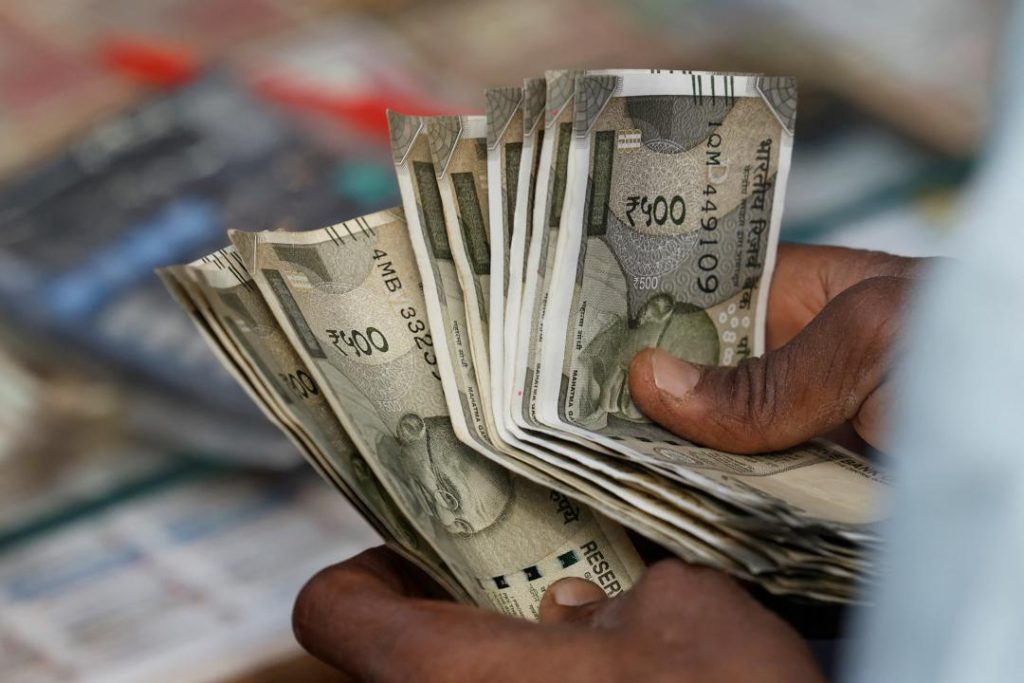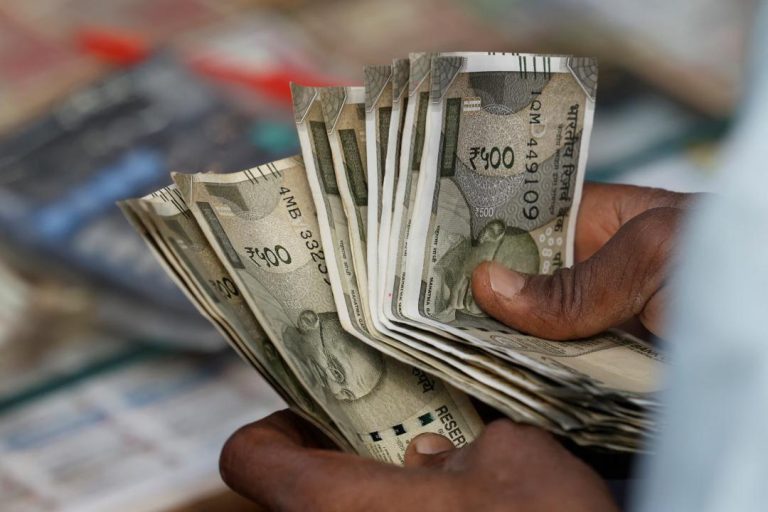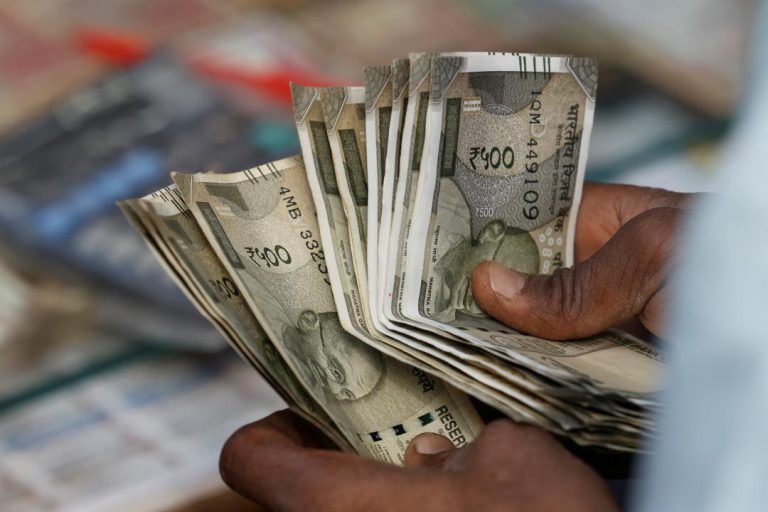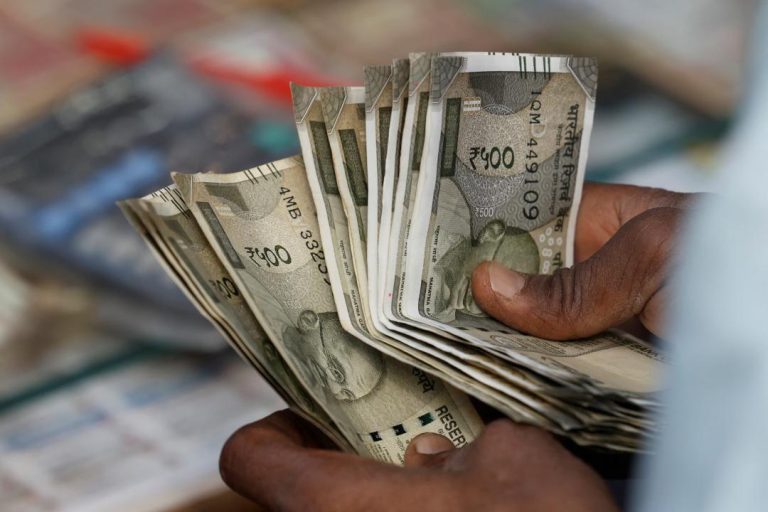
What got cheaper & costlier in March as CPI falls to 67-month-low of 3.34%?
In a positive development for the Indian economy, the retail inflation rate has fallen to a 67-month-low of 3.34% in March, according to the latest data released by the Ministry of Statistics and Programme Implementation. This decline in the Consumer Price Index (CPI) has led to a decrease in prices of several essential commodities, making life easier for the average consumer.
Among the items that saw a significant decline in prices are eggs, vegetables, and pulses. These staples of the Indian diet have become cheaper, providing a welcome respite to households that were struggling with the rising costs of daily essentials. The prices of spices, meat, fish, and poultry products also saw a marginal decline, indicating that the country’s food inflation is under control.
On the other hand, fruit prices saw a sizeable jump, with the cost of fruits such as bananas, apples, and oranges increasing due to supply chain disruptions and adverse weather conditions. However, this increase is not expected to have a significant impact on the overall CPI, given the relatively small share of fruits in the average Indian’s diet.
Prices of cereals, milk, oil, sugar, confectionery, clothing, snacks, sweets, pan, tobacco, footwear, fuel, and health and education services saw a marginal rise, but these increases are not expected to have a significant impact on the overall CPI either. Housing and recreation and amusement services also saw a marginal decline in prices, indicating that the country’s services inflation is also under control.
The decline in retail inflation is attributed to a combination of factors, including a slowdown in global crude oil prices, a decline in domestic food prices, and a reduction in the pace of economic growth. The government’s efforts to boost agricultural production and improve the supply chain of essential commodities have also helped to keep prices in check.
The fall in retail inflation is expected to have a positive impact on the overall economy, as it will help to boost consumer spending and stimulate economic growth. A lower inflation rate also means that the Reserve Bank of India (RBI) may not feel the need to raise interest rates aggressively, which could help to keep borrowing costs low and support economic growth.
In conclusion, the decline in retail inflation in March is a welcome development for the Indian economy, as it indicates that the country’s inflationary pressures are under control. The decrease in prices of essential commodities such as eggs, vegetables, and pulses is expected to provide a boost to consumer spending, while the marginal increases in prices of other items are not expected to have a significant impact on the overall CPI.






